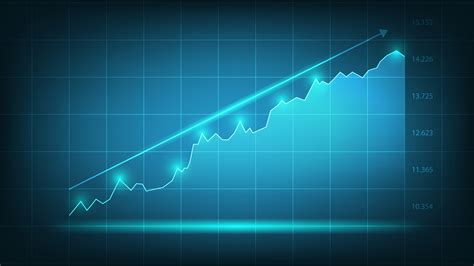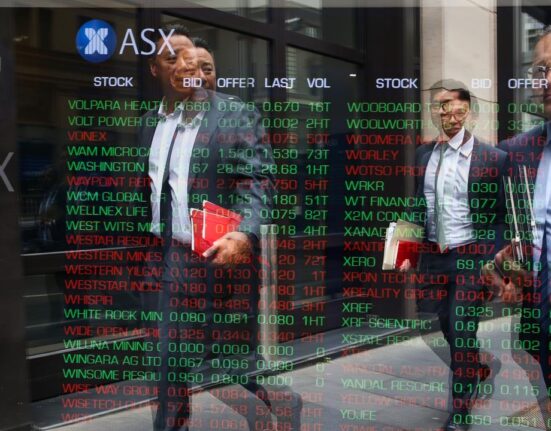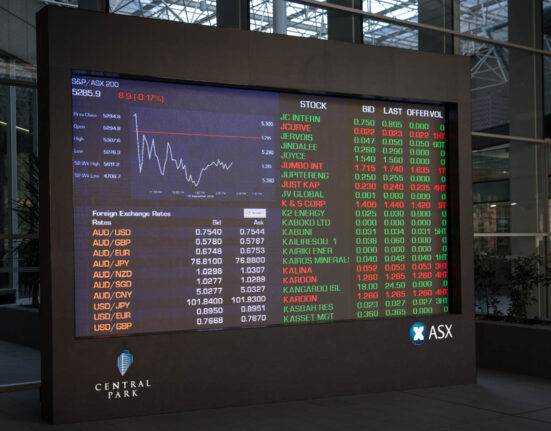The Australian share market recently experienced a tumultuous day as the ASX 200 index plummeted by more than 4% in what has been described as the largest single-day drop in nearly five years. This significant tumble, wiping out a staggering $100 billion from local stocks, was primarily triggered by escalating fears of a potential trade war instigated by President Donald Trump’s tariff policies.
Financial markets worldwide were sent reeling last week when news broke about Trump’s “liberation day” tariff plan. The repercussions were felt on Australian soil as investors grappled with mounting concerns over the implications of these tariffs on global trade and the looming specter of an impending global recession.
“It’s a bloodbath on the share market today in Australia,” said Luke McMillan, head of research at Ophir Asset Management.
Luke McMillan aptly captured the prevailing sentiment as he likened the current market turmoil to past crises like the Covid pandemic and the global financial meltdown in 2008. However, what sets this particular downturn apart is its perceived catalyst – one individual, namely, the US president himself.
McMillan expressed his astonishment at how a singular person could wield such influence over financial markets. He remarked, “We just haven’t really had one person cause a bear market, let alone the president.” This observation underscores the unprecedented nature of the current economic landscape and adds a layer of complexity to an already volatile situation.
“If we have a situation where no one backs down…there’s every possibility that we do continue to go lower from here,” remarked Omkar Joshi, Chief Investment Officer at Opal Capital Management.
Omkar Joshi’s analysis delves deeper into the potential ramifications of prolonged trade tensions and retaliatory measures between major economies. The prospect of descending further into economic uncertainty looms large if there is no resolution or de-escalation in sight.
As traders navigate these choppy waters, they are acutely aware of Australia’s intricate economic ties with China. Tony Sycamore highlighted China’s retaliatory tariffs on US imports and their reverberating impact on global markets. The fear of a full-scale trade conflict triggering an imminent recession has cast a shadow reminiscent of earlier crises like those witnessed during the pandemic’s onset.
While most sectors suffered losses during this market upheaval, some listed resources companies specializing in critical minerals managed to secure gains amid heightened demand projections driven by China’s export restrictions on these essential components used in advanced technologies.
The plight extended beyond stock values to currency markets where the Australian dollar nosedived against major currencies like USD and Euro – hitting its lowest point since Covid-induced lows. This depreciation signals potential challenges for consumers and travelers alike due to increased costs associated with international transactions and overseas travel expenditures.
“When there is concern about…global slowdown…then there is less demand for our commodity,” explained AMP economist My Bui regarding iron ore prices.
As concerns mount over dwindling demand for commodities like iron ore amid fears of economic deceleration globally, experts like My Bui shed light on how interconnected economies can experience ripple effects stemming from disruptive geopolitical decisions thousands of miles away.









Leave feedback about this